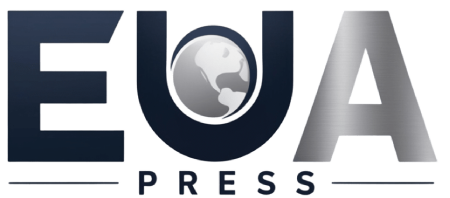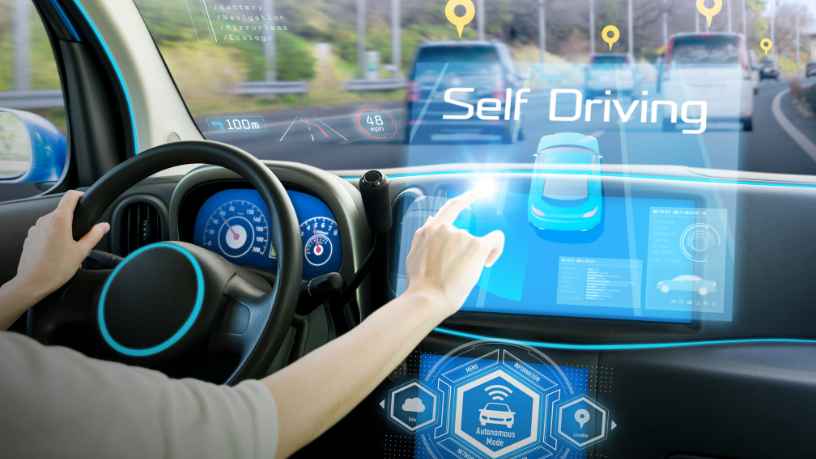Tesla is currently at the center of a high-profile trial in Miami, where questions about the safety and reliability of its Autopilot system are being rigorously examined. The lawsuit raises important concerns about the role of automated driving technology in preventing accidents and the extent of the company’s accountability. This trial highlights the growing challenges faced by manufacturers as self-driving technology becomes increasingly integrated into everyday vehicles.
The case involves a collision in Miami that allegedly occurred while the Tesla vehicle was operating under its Autopilot feature. Plaintiffs argue that the technology failed to perform as promised, leading to severe damages and injuries. The trial is probing into the design, testing, and marketing of Tesla’s Autopilot system, aiming to determine if the company adequately warned users about its limitations and potential risks.
Tesla’s defense centers on the argument that Autopilot is an advanced driver assistance system, not a fully autonomous driving feature. The company maintains that drivers are expected to remain attentive and ready to take control at any moment. This distinction is critical as it frames the legal responsibilities Tesla holds regarding accidents that happen while Autopilot is engaged, and the level of user vigilance required.
Experts called upon during the trial are providing testimony on the capabilities and limitations of Tesla’s Autopilot technology. They analyze the data from the vehicle’s systems and assess whether the software met industry standards for safety. Their evaluations are crucial to establishing whether the Autopilot system’s performance met the expectations set by Tesla and if it contributed directly to the incident.
The trial also touches on broader regulatory and ethical questions about the deployment of autonomous and semi-autonomous driving technologies. As Tesla pushes forward with innovations, lawmakers and safety advocates demand clearer standards and stricter oversight to protect consumers. The Miami trial is thus part of a larger conversation about how emerging technologies should be governed and the balance between innovation and public safety.
Public interest in Tesla’s Autopilot technology has surged alongside the company’s rapid growth in the electric vehicle market. Consumers are eager to adopt new features that promise enhanced convenience and safety, but incidents such as the Miami crash raise awareness of the potential dangers. The outcome of this trial could influence consumer confidence and regulatory policies around autonomous driving systems.
This legal proceeding has significant implications not only for Tesla but for the entire automotive industry, as many manufacturers develop similar driver assistance technologies. The findings and rulings from this case may set precedents affecting product liability and the disclosure of technological limitations. The trial underscores the importance of transparency and responsibility as the future of driving evolves.
In conclusion, Tesla’s ongoing trial in Miami concerning the Autopilot system’s safety shines a spotlight on critical issues in the integration of automation in vehicles. The case illustrates the complexities of balancing innovation, consumer expectations, and safety. As the trial progresses, its outcome will likely influence regulatory frameworks and industry practices regarding autonomous vehicle technologies for years to come.
Author: Bergezin Vuc







